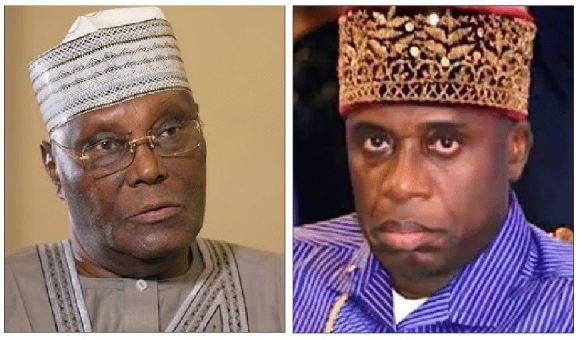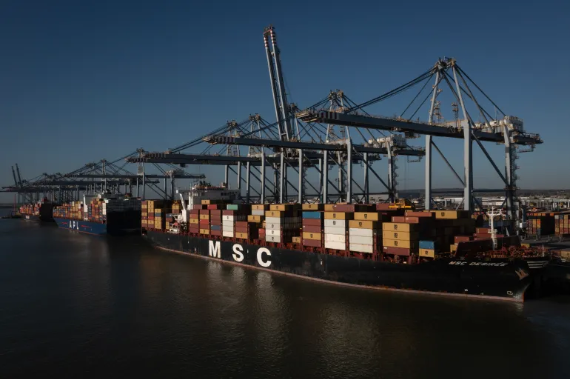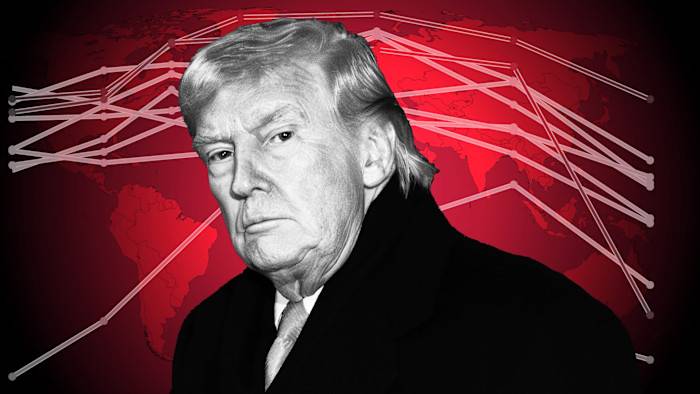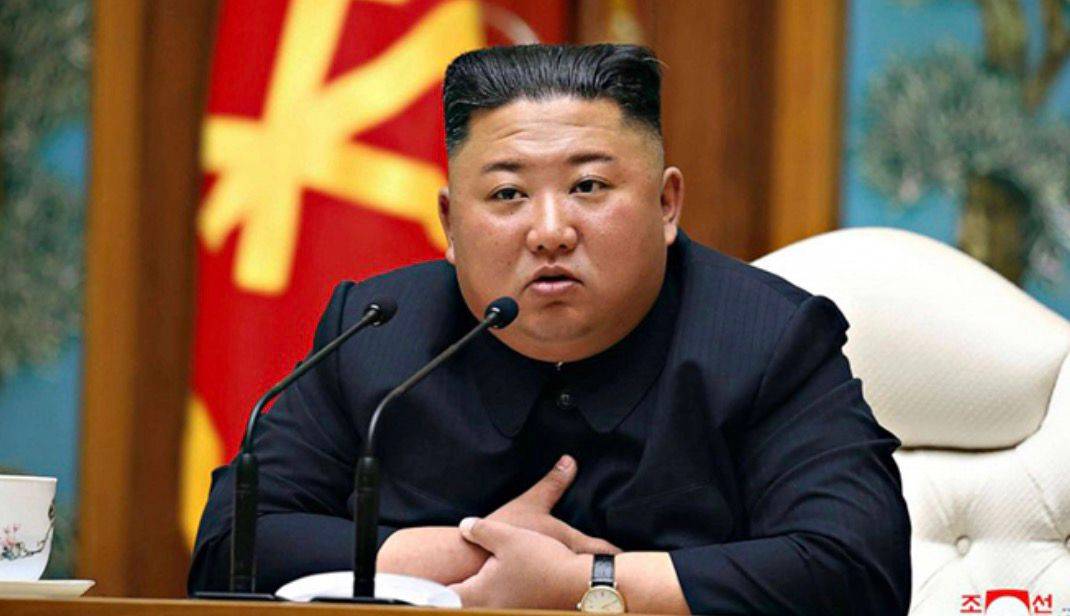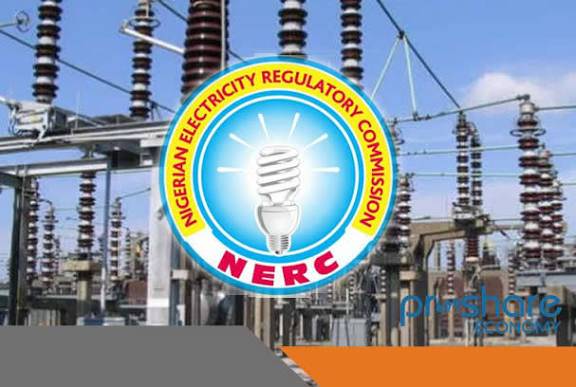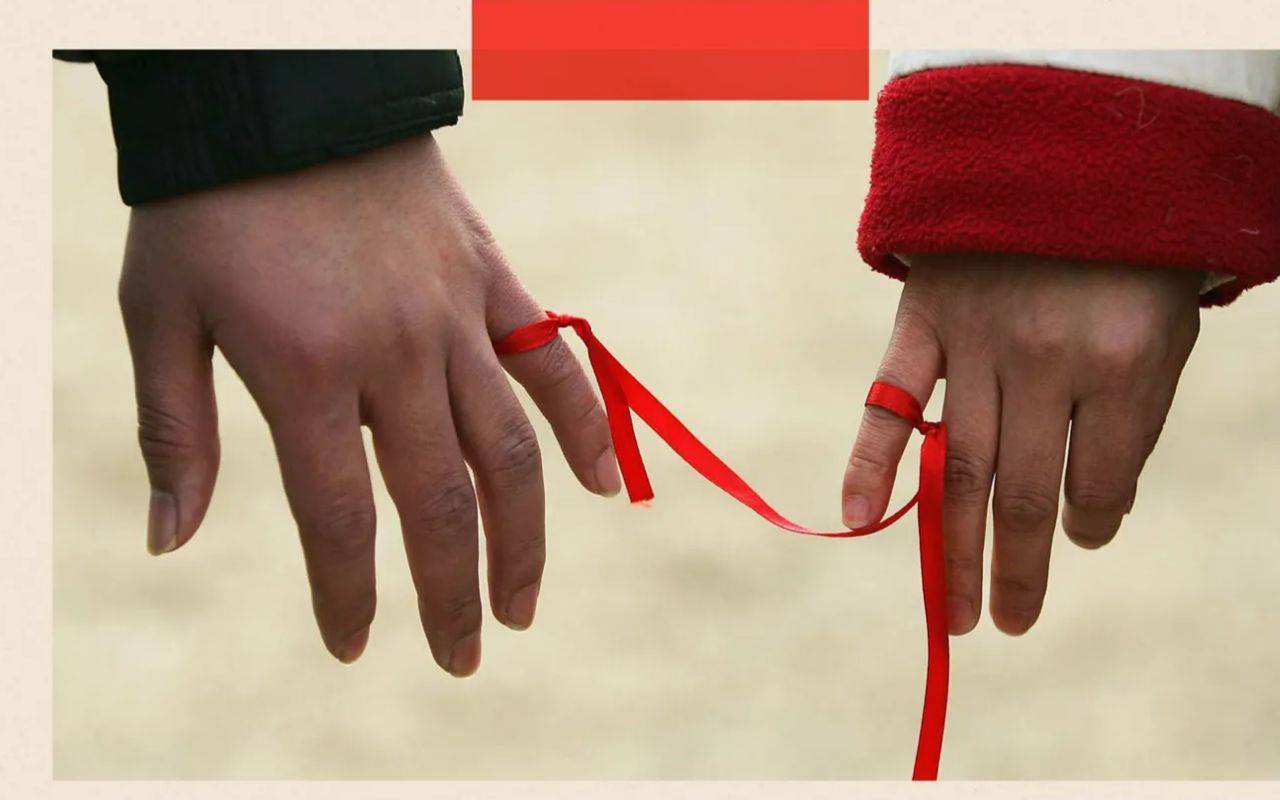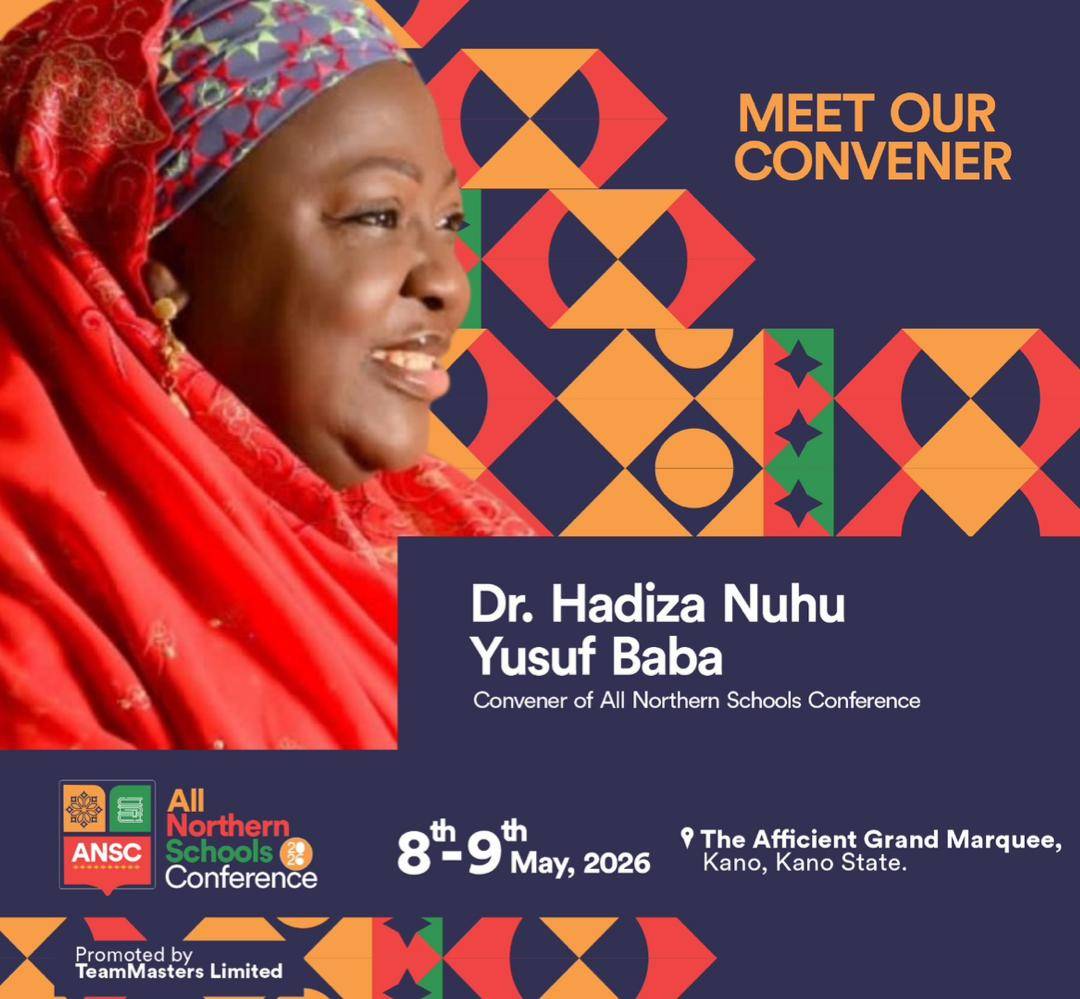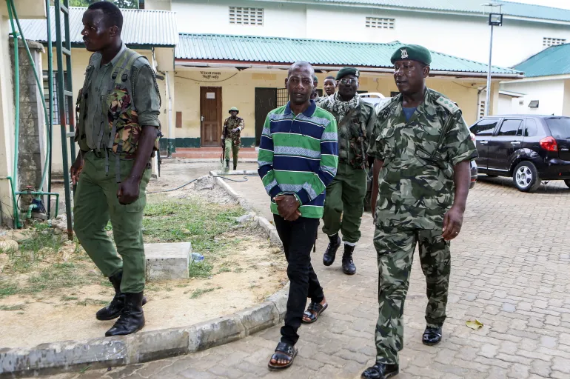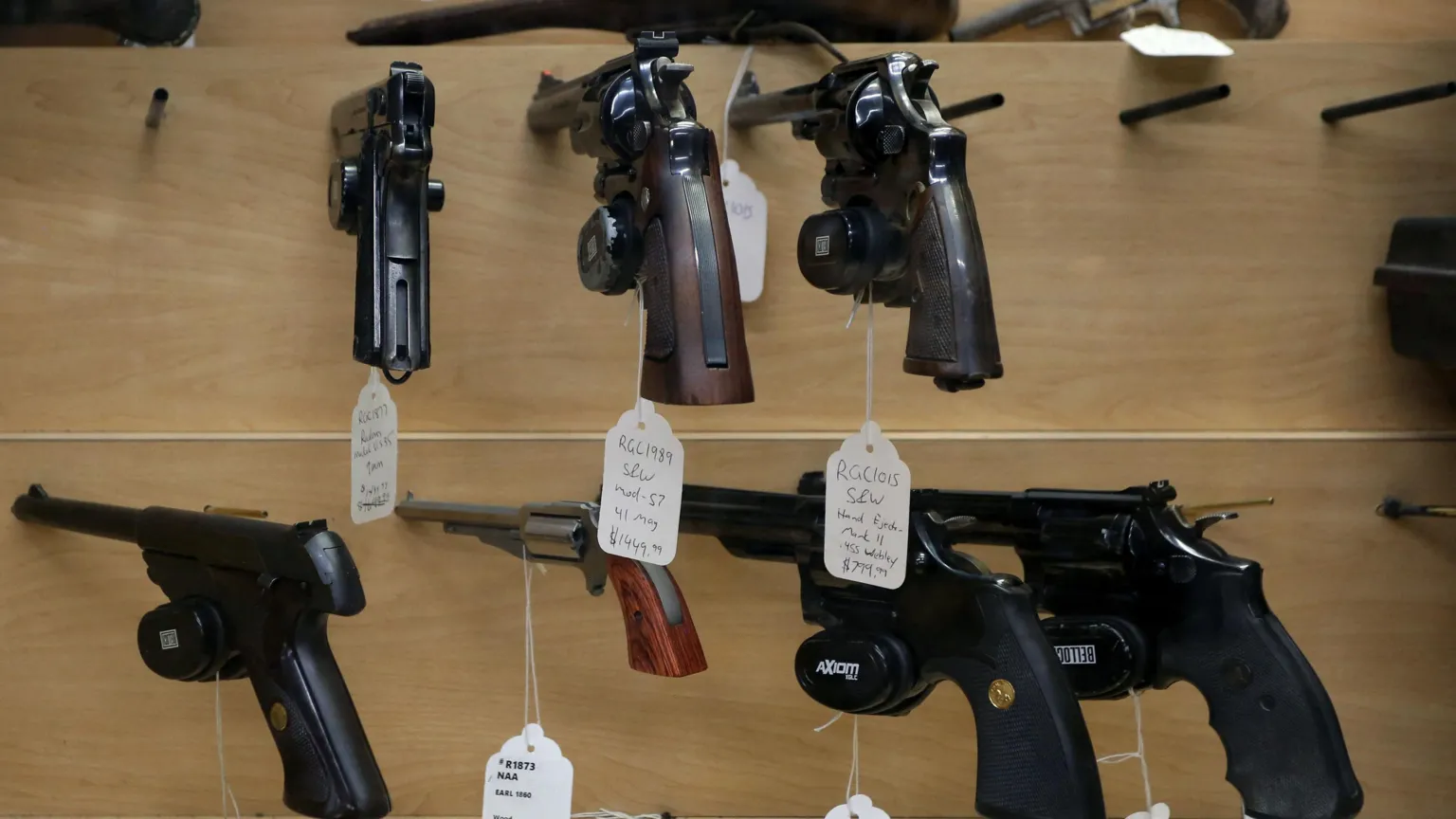By Palladium
Not too long after they were defeated in the last presidential poll, Nigeria’s self-styled coalition leaders began their rigmarole to retake the presidency they claimed they were entitled to. They had at first hoped to use the Peoples Democratic Party (PDP) as the battering ram to destroy the All Progressives Congress (APC) fortifications and win the exalted office, but the leading opposition party was tired of their shenanigans. Then they half-heartedly leapt upon the Social Democratic Party (SDP) bandwagon, but were disquieted to find out that the party had some honour left in its internal politics and affars. Thereafter the coalition leaders briefly detoured to the African Democratic Congress (ADC), which was used sometime in 2018 by ex-president Olusegun Obasanjo and his aggrieved cohorts to try and rob ex-president Muhammadu Buhari of re-election, only to discover that the courted leaders of the fringe party were not impressed by their resumes.
Puzzled and angry, they left in a huff and determined to form their own brand new political party to which they could imbue their nature and character. The only problem, however, was that they were unsure just what that character or nature looked like. In any case, the Independent National Electoral Commission (INEC) quickly put them out of their misery by spelling out the long list of conditions they must fulfill to merit registration. Now evidently incensed and desperate, and knowing full well that they did not have the patience or money to fulfill all INEC conditions, they returned shamefaced to the overused ADC still reportedly immersed in legal and factional issues. They had finally berthed, they announced last week to a mystified public in Abuja, and would stay in that party until the next presidential poll. It is good that the nomads have returned home, but those who nurtured the ADC through its tempestuous and litigious years are wary of the new lovers and fair-weather friends.
After many months of denying the obvious, former vice president Atiku Abubakar, his former running mate in the 2019 presidential poll, Peter Obi, former Kaduna State governor Nasir el-Rufai, former Sokoto State governor Aminu Tambuwal, and a host of other political journeymen are staking their future and reputations on the creaky special purpose vehicle. Most of the coalition leaders are either wearied by age or worn out by years of brutal infighting in their former parties, the PDP and Labour Party (LP). They are not connected by ideology, but by their common resentment for President Tinubu. They have no state governor on their side, but they are hoping they could strike a deal with a few. Some of their former parties are, however, facing their own existential crises, and it is uncertain they are disposed to throwing their lot with the coalition leaders. For, at every turn, the coalition leaders will remind the public that their personal fame outshines the ADC as a party.
Last week, when the coalition leaders announced their adoption of the ADC for the next poll, they were of course more concerned with the presidential election than state and local polls. Their single-minded goal is to unseat the president, believing that once that is accomplished, they can always lure many unmoored politicians, legislators, and governors into the resistance. During the adoption exercise, coalition leaders as well as their supporters whipped themselves into frenzy, supposing that the elections were all but won already. They ignored the abrupt and unprecedented manner the ADC’s leadership change was effected, nor was it clear that they apprised themselves of the legal miasma in which the adopted party is embroiled with no immediate hope of resolution. Yes, money answers all things, but there are still many in that party who detest ‘hostile takeovers’, who love small is beautiful, who loath the politics, swagger, and condescension of coalition leaders, and who sense that they would be used just as the PDP and LP were used and dumped two years ago.
The real face of the adopted ADC is neither the ageing and anti-democratic David Mark, a former army general and later senate president, nor the unprincipled and egotistic Rauf Aregbesola, a former Osun State governor and later Interior minister. Sen. Mark, who has been gifted the chairmanship position on an interim basis, is useful to the extent that the new party leaders think he cannot be pushed around. And Mr Aregbesola is also useful due to his betrayal of President Tinubu. The real leaders in the final analysis will be the ones who can spend the most, and who probably already broke the bank to persuade former and disputed ADC chairman, Ralph Nwosu, to drink hemlock. They will show their faces not too long from now, and they will bare their fangs when they begin to fight for nomination tickets. If they can find their way round the legal thicket choking the ADC, they will face the inexorable battle of superannuated politicians jostling for influence and positions before and after their congresses and convention. All the theoretical postulations by Mr Aregbesola in his acceptance speech as interim national secretary will soon collapse in the face of the heightened spending by heavy political lifters in the coming weeks.
Analysts who have begun to permute the chances of the party and its potential nominees in the next presidential poll miss the point very badly. Unlike the APC at its founding when it already knew where it was headed and who would lead the charge, the ADC must necessarily go through a period of sifting to produce those whose voices must be heard and obeyed. No factor would mediate or resolve that exercise like money. Once that stage is transcended, the party would be on cruise control, and any analysis on the future and prospects of the party might stand the chance of being fairly well regarded. More importantly, once someone or a group of allies has emerged with unquestionable power, no matter how temporary it is, the dynamics of party nominations can be safely predicted. The party has not pretended to any ideological posturing, nor assumed it already has full control of the circumstances around it. The situation is still in a state of flux. Indeed, if care is not taken, the coalition might become trapped in legal and political quicksand from which extrication would be impossible. But money answers all things.
As the short piece below demonstrates, there are still too many things better left unsaid. One of them is the tenure matter, indicating that what is uppermost in the minds of the coalition leaders is the goal of taking the presidency at any cost. But one thing that can be safely and sensibly addressed even now is the fate of the two acknowledged parties from which coalition leaders emerged, the PDP and LP. The LP was never really a party. It came into some renown because of the toxic ethnic and religious politics Mr Obi implanted in it. Even though he is still engaged in delicate straddling, unsure whether to fully disengage from the cantankerous LP, Mr Obi will keep the public guessing for as long as possible, intending to have his cake and eat it. It is not just principles that Mr Obi lacks, he also lacks courage and decisiveness. But for now he still has enough people in LP to keep the doors and windows open for a possible retreat from the heat of battle. His former running mate, Yusuf Datti Baba-Ahmed, who is also not too convinced about the coalition, insinuates as much. The bigger dilemma Mr Obi will, however, confront is that even if he crawls back to the LP, he cannot in 2027 make the impression he made in 2023.
The PDP will survive, despite the antics of Federal Capital Territory (FCT) minister Nyesom Wike. The party has a large number of governors, state assembly seats, and national legislators. It will not fizzle out. Moreover, one of the reasons it had been unable find its way out of its self-imposed maze is because of the pertinacity of the discredited Alhaji Atiku and his co-travellers, men and women the party was already sick and tired of, politicians who had brought the party more bad luck than it could manage or endure. With their exit, the party can begin to reset itself and plan for the future. In short, the ‘founding’ of the ADC will ensure that in 2027, the presidential election will again be a three-horse race. The coalition leaders were too blinded by rage and resentment to anticipate the consequences of their actions.
Culled from The Nation


